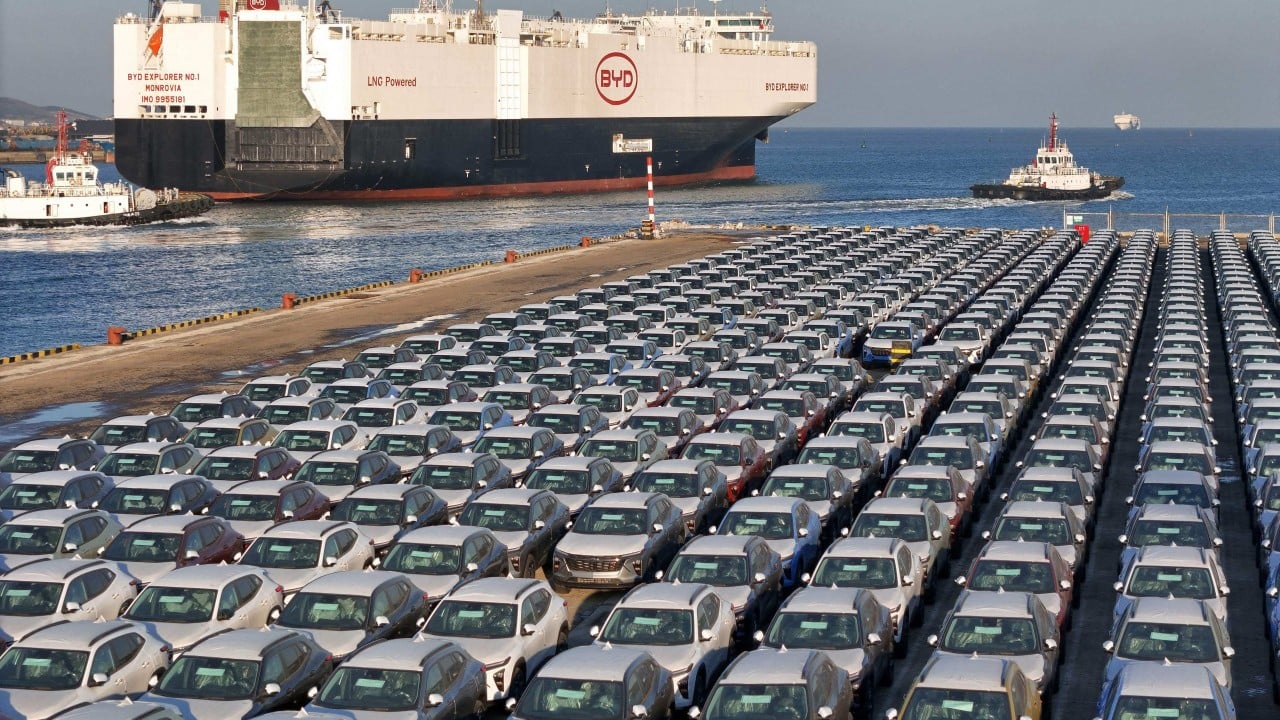It was just past 11 on a freezing December morning on the outskirts of Brussels, but already workers at the city’s Audi factory were cracking open frosty cans of beer.
Advertisement
They had just finished a long night shift – not on one of the production lines at a plant that has produced 8 million cars since 1949, according to a huge sign on its exterior wall – but on a picket line outside.
Pallets and old furniture were added to roaring fires in the middle of a road. Hand-painted signs raged, in French, against “Audi, premium thief” and parent company Volkswagen’s plans to move some production to Mexico once it closed this plant and two in Germany later this year – a historical first.
A greying worker who gave only his first name, Pierre, spent 23 years at this plant. It will close for good next month, and he said he did not know what he would do after that. “This is my second city, my second home,” he said in halting English.
For a growing number of analysts and industry insiders, this is ground zero for Europe’s “China shock” – even if the Asian giant does not appear on the bedsheets emblazoned with workers’ demands.
Advertisement
Sluggish consumption in China has slashed Europe’s exports to the country and stifled demand there for products made by European companies. Chinese customs data this week showed a 4.4 per cent drop in its imports from the EU in 2024 compared with a year earlier.

